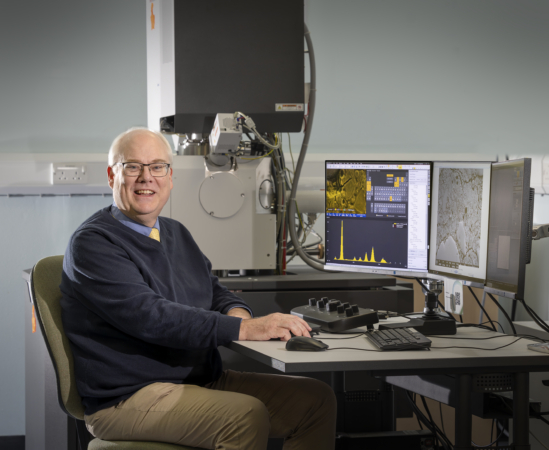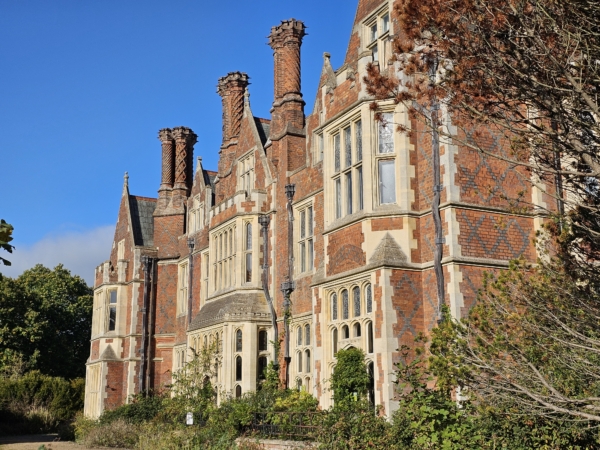Potential impact of FMC development – Environment and carbon reduction

We aim to leave our sites in better condition after development activities than before and will be implementing plans across the Future Materials Campus (FMC) to make this a reality.
We’re really lucky at Aldermaston to have a wealth of nature on our land, including specially protected creatures such as woodlark, peregrine falcons, great crested newts and bat species, along with veteran oak trees.
We’re carrying out assessments to understand the environment (e.g. habitats, wildlife, water quality) currently on the future FMC site, and from there we can work out what we may need to do to lessen any potential environmental impacts and make environmental improvements.
As part of our commitment to limiting the impact of climate change, AWE has devised a roadmap to achieve Net Zero Carbon by 2050. All works within the FMC are subject to documented efforts to reduce carbon, in both the design and construction phases. These include, but are not limited to, reduction in the quantities of materials needed via innovative design, replacement of carbon-intense materials with more environmentally benign ones, reuse of recycled materials on site, and changes in materials formulation (e.g. concrete) to reduce carbon footprint.



